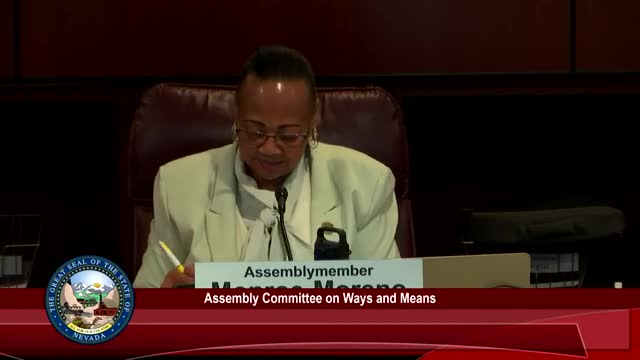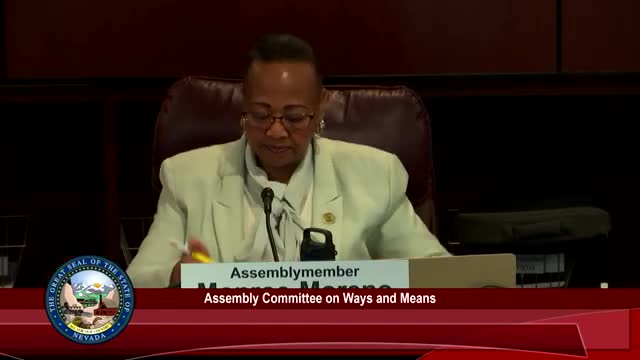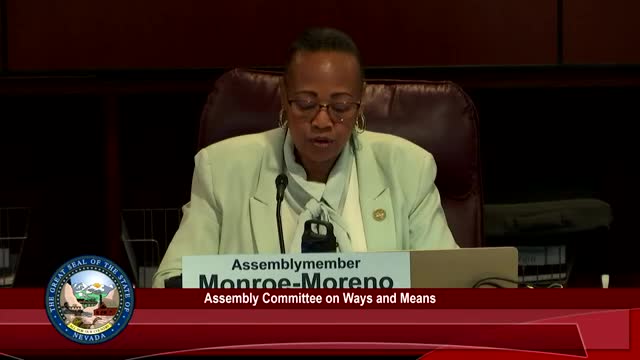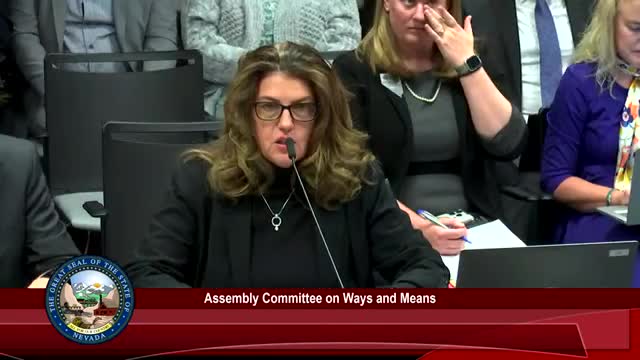Article not found
This article is no longer available. But don't worry—we've gathered other articles that discuss the same topic.

NSHE requests $11 million for systemwide campus safety upgrades after UNLV shooting; committee hears broad stakeholder support

Assembly committee hears Secretary of State’s $26.7 million request to finish statewide voter-registration and election management system

Ways and Means committee approves introduction of BDR 1203 for military appropriations

